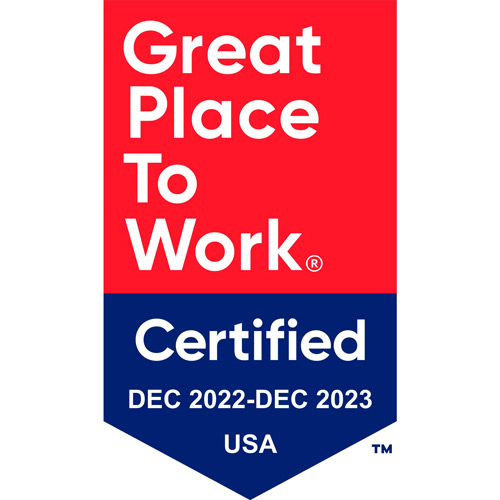Mastering Engineering Project Management: Conquering Top Challenges
- Jessica R.
- March 15, 2024
- Edited March 15, 2024
Table of Contents
Engineering project management is a critical field that blends technical know-how with leadership skills to bring complex visions to life. It’s about guiding teams through a maze of challenges, ensuring projects meet their goals on time and within budget. But as straightforward as that sounds, the reality is often far from simple. Every project presents its own set of obstacles, from scope creep to resource allocation, demanding a deep understanding of engineering principles and a knack for problem-solving and team management. This guide is designed to help you overcome the top seven challenges in engineering project management, offering strategies that lead to successful project outcomes.
Clear Goals and Scope Definition
One of the first hurdles in any project is defining its goals and scope clearly. Without a clear definition, projects can quickly veer off course, leading to wasted resources and delayed timelines. The key to solving this challenge lies in meticulous planning and communication. Start by setting achievable, measurable goals with your team and stakeholders. This ensures everyone is on the same page from the get-go. For engineering solutions, detailed technical requirements and specifications are your best tools. They serve as a blueprint, guiding your team and preventing scope creep.
Effective Communication
Next up is communication, the backbone of any successful project. Poor communication can lead to misunderstandings, errors, and delays. To tackle this, establish open, transparent channels of communication. Regular meetings, updates, and reports keep everyone informed and engaged. For engineering solutions, leverage technology—project management tools and platforms can streamline communication, making it easier for team members to share updates, documents, and feedback in real-time.
Resource Allocation
Allocating resources efficiently is another significant challenge. You have to balance human resources, materials, and time, often under tight budgets and deadlines. The solution? Start with a realistic project plan that includes a detailed resource allocation strategy. Use project management software to track resource usage and adjust as needed. For engineering solutions, consider flexible staffing solutions and just-in-time inventory to manage costs and reduce waste.
Managing Deadlines
Deadlines are a constant pressure in engineering project management. Missing a deadline can have a ripple effect, causing delays across multiple projects. To manage deadlines effectively, prioritize tasks based on their impact and urgency. Break down large tasks into smaller, manageable parts. Regular progress checks and adjustments ensure that your project stays on track. For engineering solutions, adopt agile methodologies that allow for flexibility and quick adjustments to keep the project moving forward.
Quality Control
Maintaining high-quality standards is crucial yet challenging, given the complex nature of engineering projects. Quality control requires a proactive approach. Implement quality management systems and conduct regular reviews and testing at every stage of the project. Encourage a culture of quality among your team, where everyone feels responsible for the outcome. For engineering solutions, use cutting-edge tools and technologies for precision and accuracy, ensuring that every aspect of the project meets the highest standards.
Risk Management
Every project comes with its own set of risks, from unforeseen technical issues to changes in market conditions. Effective risk management involves identifying potential risks early on and developing mitigation strategies. Regular risk assessments allow you to adjust your plans and strategies as needed. For engineering solutions, invest in research and development to stay ahead of technological advancements and market trends, minimizing potential risks.
Stakeholder Engagement
Finally, engaging stakeholders is vital for any project’s success. Their expectations can vary widely, and failing to meet them can result in dissatisfaction and conflicts. Keep stakeholders informed and involved through regular updates and meetings. For engineering solutions, create detailed reports and presentations highlighting progress, challenges, and next steps, ensuring stakeholders understand the value and impact of the work being done.
Conclusion
Mastering engineering project management is about much more than just overseeing technical tasks; it’s about leading a team through a series of obstacles toward a common goal. By tackling the challenges of clear goal-setting, effective communication, resource allocation, deadline management, quality control, risk management, and stakeholder engagement, you set the stage for success. Remember, each challenge presents an opportunity to refine your skills and strategies, making you a more effective and resilient project manager. With dedication, flexibility, and a focus on continuous improvement, you can lead your team to achieve exceptional results time and time again. In the end, the success of your projects reflects not just on the quality of the engineering solutions but on your ability to navigate the complexities of project management with skill and confidence.

Jessica R.
Jessica is a seasoned GMP compliance consultant and technical writer specializing in pharmaceutical manufacturing, data integrity, and quality assurance. With over 12 years of experience working with global pharmaceutical firms, Jessica brings deep industry insights into FDA, EMA, and MHRA regulations.


